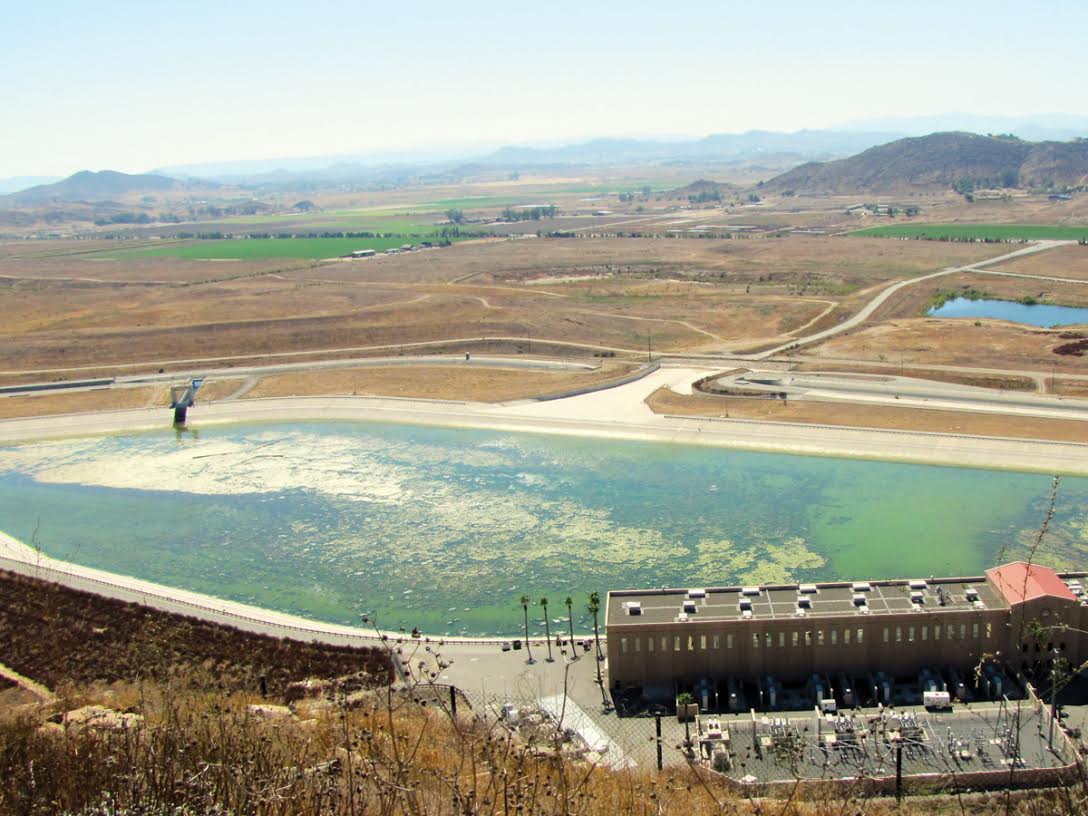
Recently, a non-profit organization, called the Californians for Population Stabilization (CAPS), ran an ad campaign, which placed the cause for California’s drought on its increasing population of immigrants. However, the organization has a flawed argument, because it lacks sufficient data to back it up; in fact, the data would vindicate immigrants.
Before asking whether this organization is “correct” in any way, shape or form, let us learn more about the background of CAPS. So, what is mission the mission of CAPS? According to the organization’s website, its mission is “to formulate and advance policies and programs designed to stabilize the population of California, the U.S. and the world at levels which will preserve the environment and a good quality of life for all.” The organization argues that California does not have sufficient resources for sustaining California’s growing population. It hopes to solve California’s problems with its “common sense solutions.” One of these solutions is to rally support for imposing strict enforcement of laws regarding immigrants, who supposedly use much of California’s resources. It should be noted that CAPS historically has a stance that does not favor immigrants. For example, the group opposed the granting of citizenship to American-born children of immigrants.
Now, one must ask if their solution is viable. Regarding population growth, CAPS is correct. According to a recent Los Angeles Times article, the state of California adds about three million to four million people every decade, and many of those millions are immigrants.
Now, let us take a look at the statistics on California’s water usage. For immigrants to cause a drought, immigrants must be using a lot of water. According to the Public Policy Institute of California, water usage by everyday Californians represents 10 percent of total water use. 50 percent of water usage is environmental, which is not used by humans. 40 percent of water usage is agricultural, which is considered human use. This means that agricultural water use represents 80 percent of human water use in California, while everyday Californians represents 20 percent of California’s human water use.
Additionally, immigrants make up a small fraction of California’s total population. According to the 2010 national census, immigrants made up 27 percent of California’s population. If one does the math, immigrants represent around 5.4 percent of California’s human water use and 2.7 percent of total water use. Farming uses 80 percent of California’s human water use, as stated above. 80 percent is around 15 times larger than 5.4 percent. Dealing with the 5.4 percent is like trying to fix the small leaks in a cup of water when there is a large hole on the bottom. To claim that immigrants are responsible for a drought is absurd. Immigrants are not responsible for the drought.
CAPS, knowingly or unknowingly, are using immigrants as a scapegoat. If one looks into the history of the United States, American policies singling out immigrants and minorities can have devastating consequences for those singled out. An example could be the internment of Japanese Americans during the Second World War, which led to the relocation of Japanese Americans and the confiscation of their property. While there are countless more examples, this just proves that state can act with impunity, if the state wishes to treat its own citizens unfairly.
What if CAPS hypothetically got its way? Would blaming immigrants solve California’s drought problem? The answer is still no. Opposition to immigration policies does nothing significant in fighting the drought.
In fact, CAPS getting its way may be counterproductive to California as a functional system. Let us hypothetically say that CAPS is able to go through the political process, and citizenship statuses of immigrants are rescinded. One can infer that a lot of former citizens and the 27 percent of immigrants would be removed from California. Not to mention, the denial of citizenship would discourage many American-born children of immigrant parents, who would have liked to stay, from remaining in the country. California would be left economically crippled. According to a report on the Journal of Agricultural and Applied Economics, immigrants make up 95 percent of the agricultural workforce, which feeds California and the rest of America. Blaming immigrants could worsen the situation in California.
Well, one might ask, “If it is not the fault of immigrants, whose fault is it?”
There is no singular group to blame for the drought. The drought is a part of climate change’s cycles. If one would like to blame, one can blame the collective human race for contributing to climate change. While CAPS is right to blame humans for contributing to climate change, it is wrong to single out immigrants. We must be responsible and accountable for our fellow human beings and human progeny by identifying ignorance.








